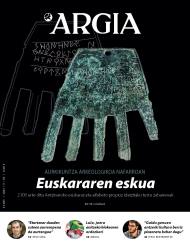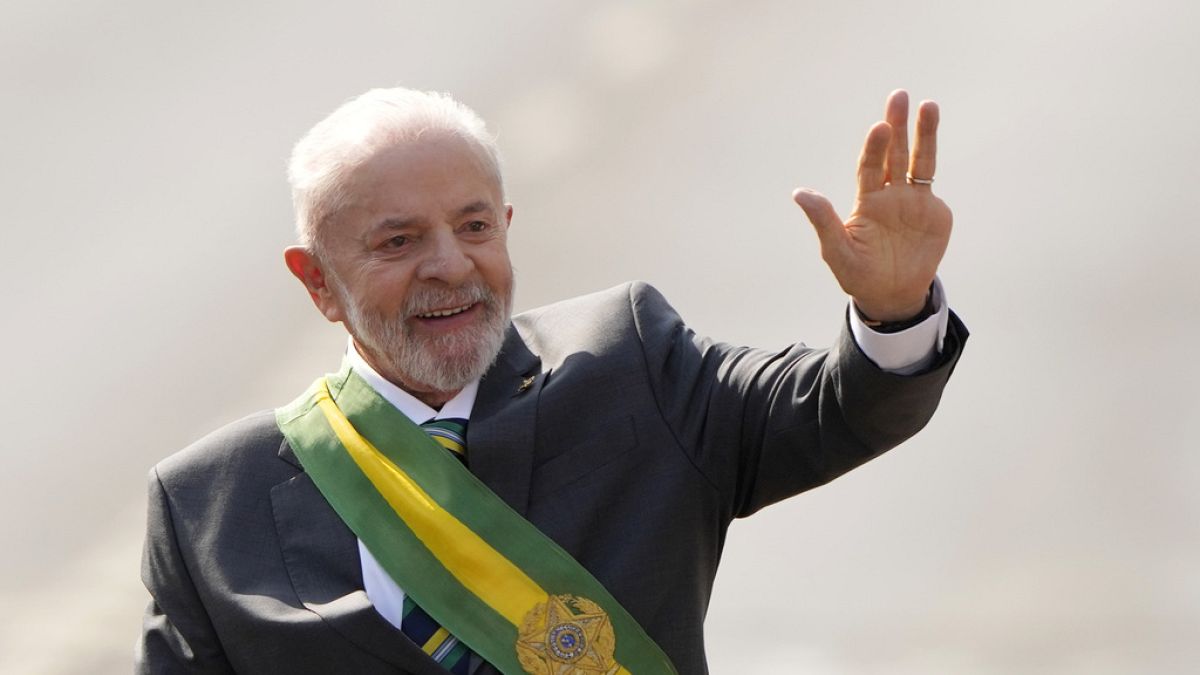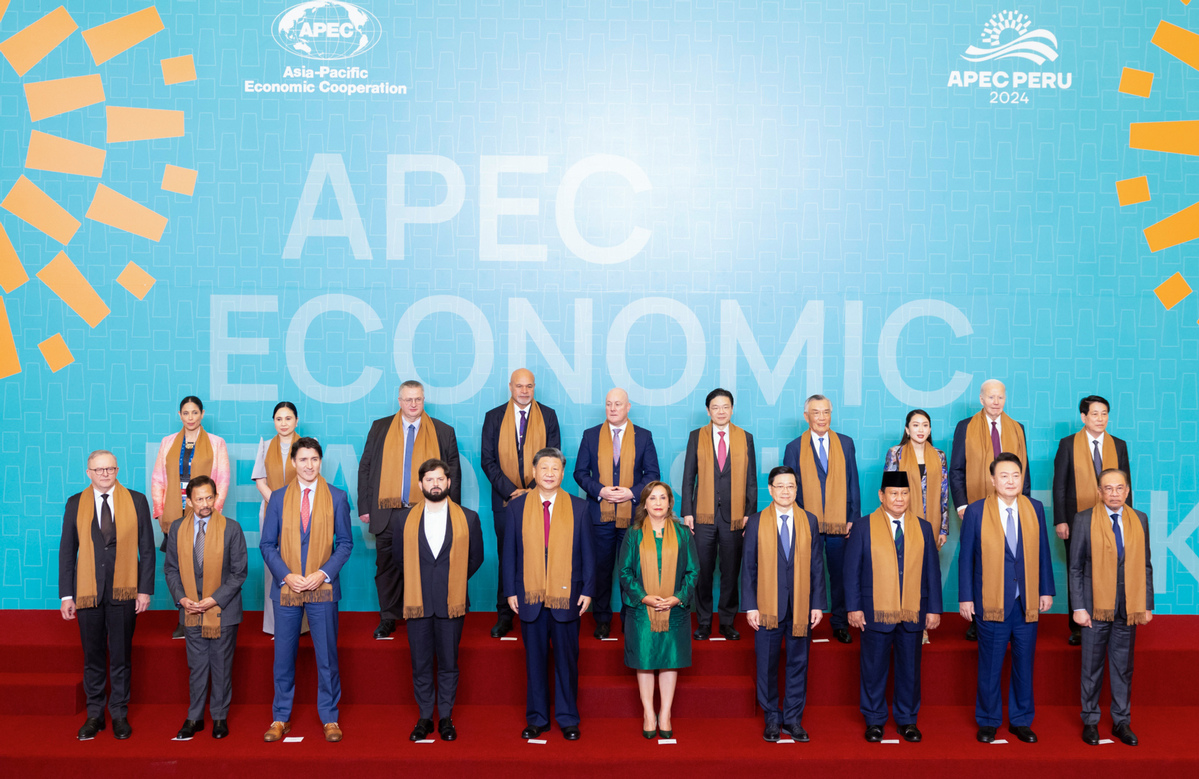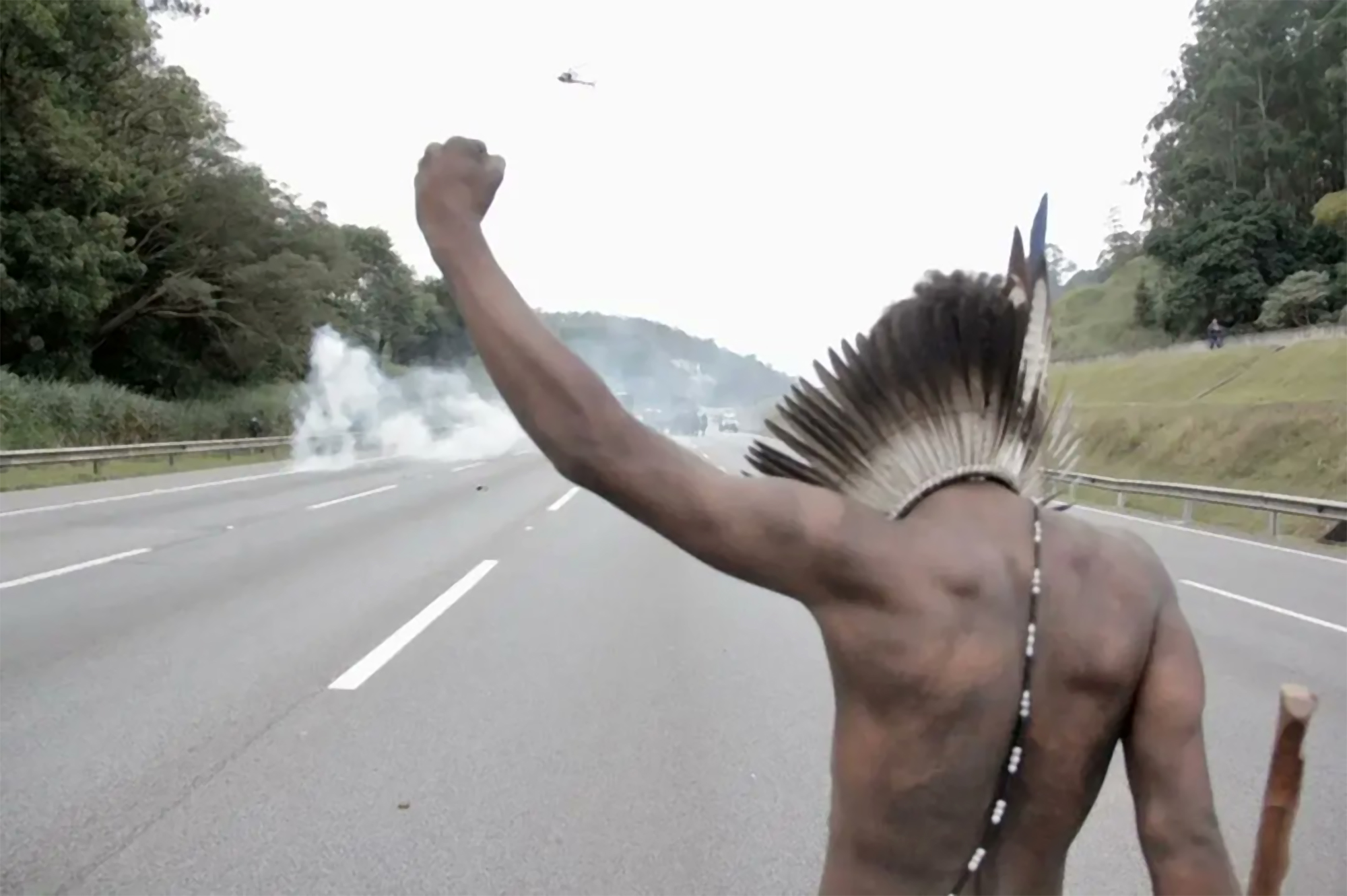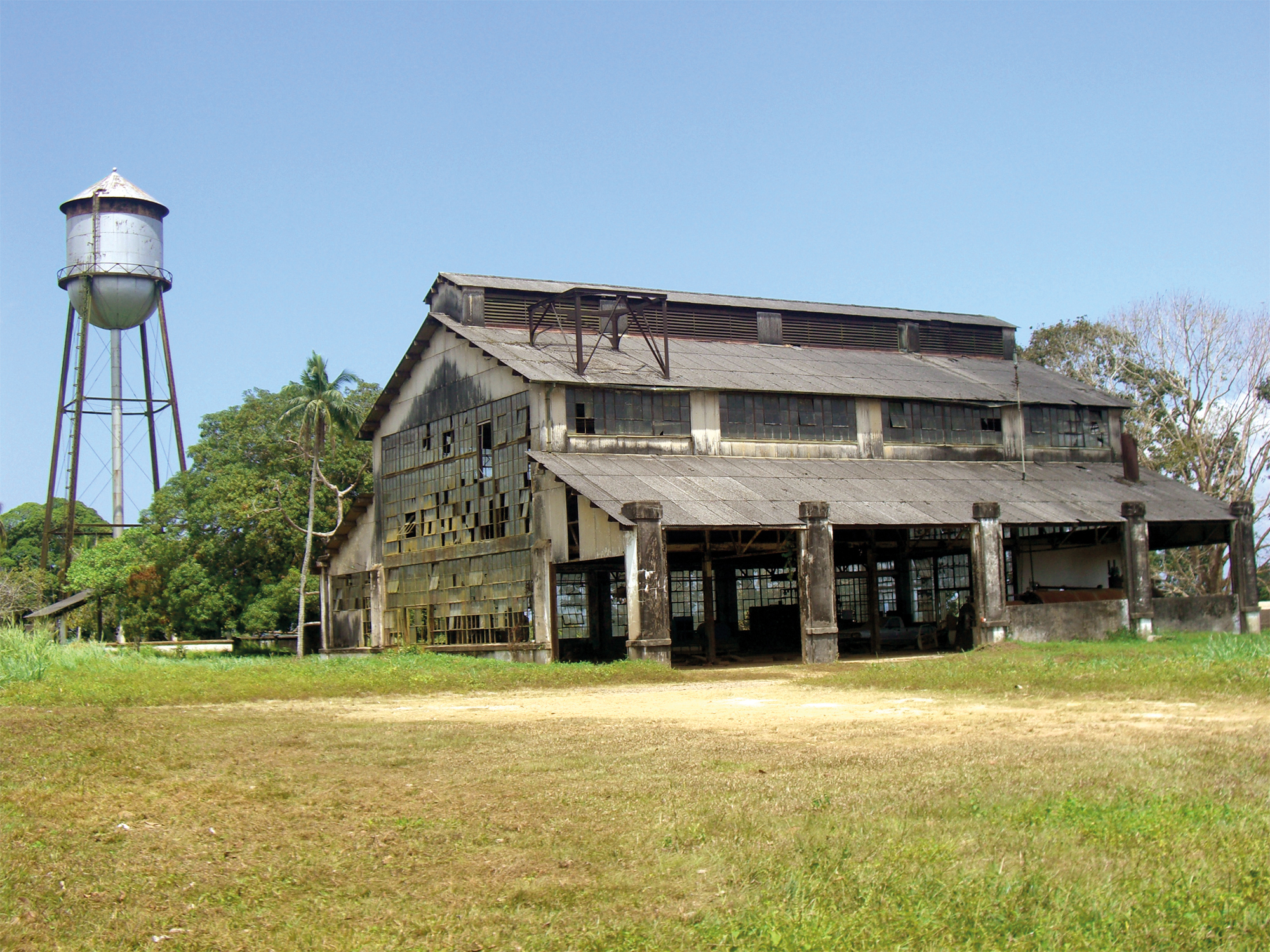From left and periphery to center, for the third time
- Messiah has arrived in Brazil, or at least many Brazilians have, who celebrated the return of Luiz Inácio Lula da Silva, as if he were a savior. His arrival or the end of his ironic history, ironically, of Jair Messias Bolsonaro, has become the political situation of the dichotomous country. But joy and hope have spread to many sectors of the country, especially to people with a minority label: black, poor, indigenous, LGBQ community, etc. The main message that has been conveyed to the Brazilians after a completely polarized second round of elections is that a president defends others. And although Lula’s election programme has promised it, it is about to see the path that his mandate will follow when he becomes president with the new year.

Lula is not new, unknown to Brazilians. They chaired two mandates between 2003 and 2010. He has already been a prestigious trade unionist in the metallurgical sector and is the founder and leader of the Workers' Party. In recent years he has also been a prisoner, and with him a symbol against the oppression of the far-right, which has been read from many quarters as an act of silencing his own prison. This same prison accused him of being present in the country’s last elections, and this year, in his sixth election, he achieved the third victory with 77 years.
Lularena is a beloved figure in her country. When he left the presidency, in 2010 he was supported by 80% of the population. It is no less, because during the eight years of his mandate he was able to put the country in the right direction. It launched grant programs to help the poor, among them, the best known was “Bolsa Família”, and between its mandates and those of Rousseff, some 25 million people emerged from poverty. According to a report by the international organization Manos Unidas, this program of the Lula government meant the improvement of the economy of these millions of inhabitants, as well as the increase of the minimum wage or the improvement of the situation of the labor market.
The current situation is far from the present. The COVID-19 crisis and Bolsonaro's policies have led to an increase in uncertainty in the country, until more than half of the population is in food uncertainty (data from the Penssan Network, Brazil's Sovereignty and Food Security Network). Currently, 33 million people are hungry in the country and 13.5 million are in extreme poverty. Ethnicity is also of paramount importance, since 72.7% of people in extreme poverty are black or mixed from the northern states.
President of Different
During his term of office, Lula faces this situation and other social inequalities. In the electoral program that gave him victory, following the trend of his party, he has focused his social policies. Faced with the decline in the economic situation, it undertakes a progressive tax reform that increases taxes on the wealthiest and takes measures to promote consumption. On the other hand, it also aims to fully nationalise the electricity company Eletrobas or to reduce the overexploitation of the Amazon in relation to the environment.
Some of these measures have generated tension within the party. The most obvious thing has been the law that regulates the ceiling of expenses, that is, the limit of expenses to be respected by the government. Lula has been in favour of lifting that border, of using more public money, but those who work the economic accounts in his party, led by the Perseo Abramo Foundation, have rejected this measure.
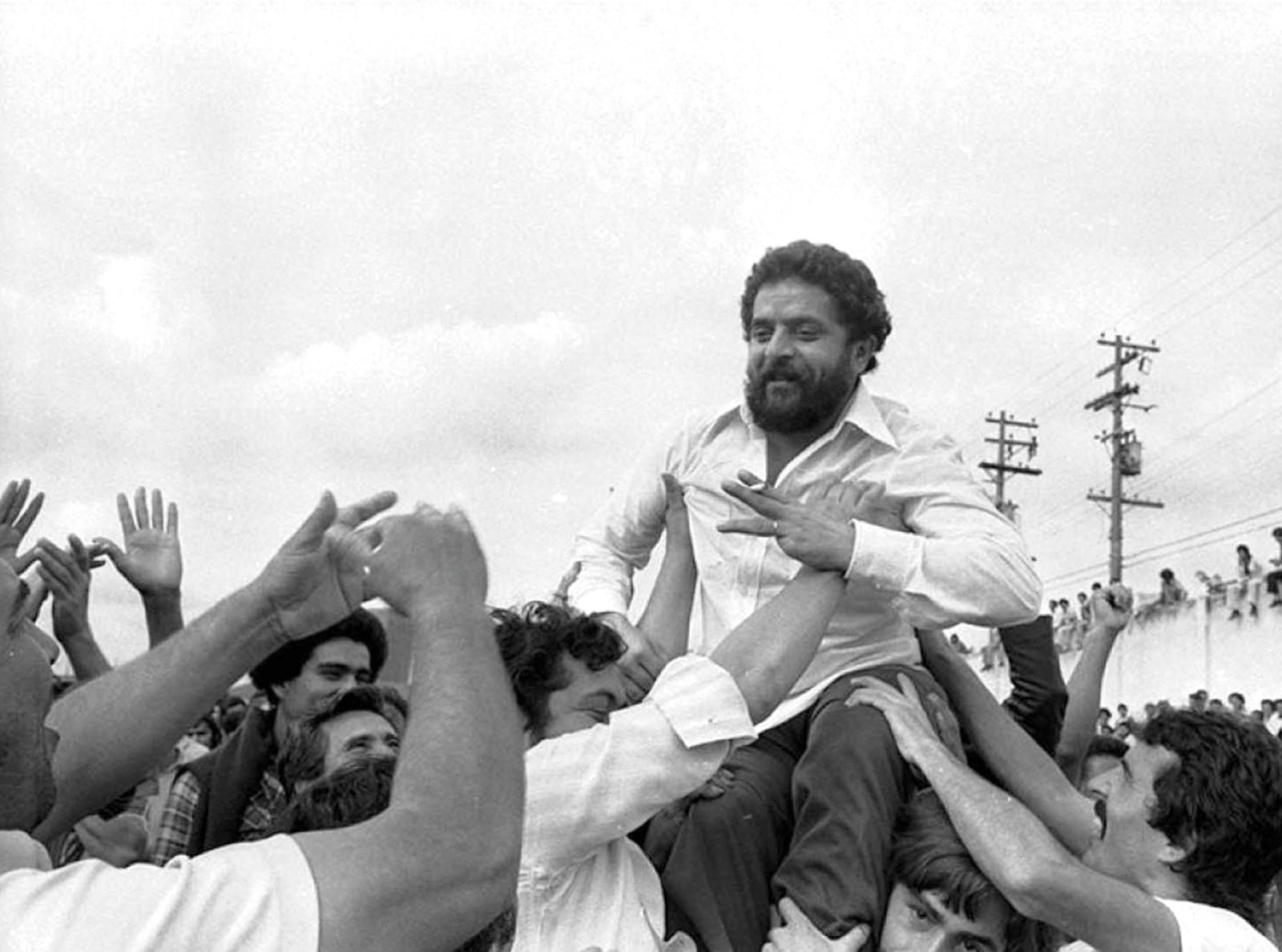
It has had to agree the programme not only with its party colleagues, but also with ten other parties that have accompanied the elections. Because, although it has been presented with the acronyms of the Workers' Party, Lula's was not, as traditionally understood, the party's candidature. In addition to the area of red stars, which as it progresses in the campaign has lost red color and has become white, Lula has had many other protections, ranging from the left to almost the center, and although it has been registered by the Party, it has been presented in a kind of coalition: The Coalition of Hope. It was attended by PSOL Socialism and Askatasuna, the Communist Party of Brazil, Rede and six more parties. Other political parties that were left out in the second round have also asked for their vote, and Simone Tebet, a candidate for the Brazilian Democratic Movement, MDB, is joining Lula’s list.
The lula block, with multiple colors and trends, faces the right and ultra-right forces led by Bolsonaro. The latter will be supported by the most conservative sectors of the country and the increasingly influential Evangelist Church. The latter has been of great importance in the election campaign, as there was a rumour that Lula was not a believer and had signed a “pact with the devil”. She herself had to refute and confirm her Catholic character. Bearing in mind that the Bolsonaro bloc has more representatives in the Chamber of Deputies, Lula must coincide with those aspects that lie outside the two large blocks and do not have a particular ideology, as Bolsonaro has already done. However, the Lula progressive programme is expected to have obstacles to progress.
The shadow of the prison
“They wanted to bury me alive and I am here.” They are words of Lula, in his newly known speech the result of the elections. The message is clear, addressed to Bolsonaro and the political and economic powers around him, and refers to prison, which he and his followers have understood as an attempt to silence the year and half that he himself was in prison.
The trial provokes in Lula and public opinion is separated
Lula was imprisoned in 2018 for several crimes. He was accused of corruption and money laundering, of Silva, his wife Rosângela, of several party and government members, and of Aécio Neves, leader of the main opposition party PSBD. The former president was charged with committing these crimes under contracts from the oil company Petrobras. Judge Sergio Moro sentenced him to nine and a half years in prison, and an appellate jury extended him two and a half years later, with a total of twelve years. Judge Moro became Minister of Justice of the Bolsonaro government in 2019.
Nineteen months later, Lula went out to the streets through an irregular process. In 2021, the Federal Supreme Court suspended these sanctions. The same court concluded that Moro did not impartially judge Lula. In some cases he was acquitted on the grounds that he did not commit crimes, in others he suspended sentences on the grounds that his rights were not respected. One of the cases that gave him the acquittal was the so-called "Quadrilhão do PT", in which they accused Lula and Rousseffi, along with other party members, of creating a criminal organization. “The complaint filed shows there was an attempt to criminalize political action,” said Marcus Vinicius Reis Bastos, a judge who acquitted them.
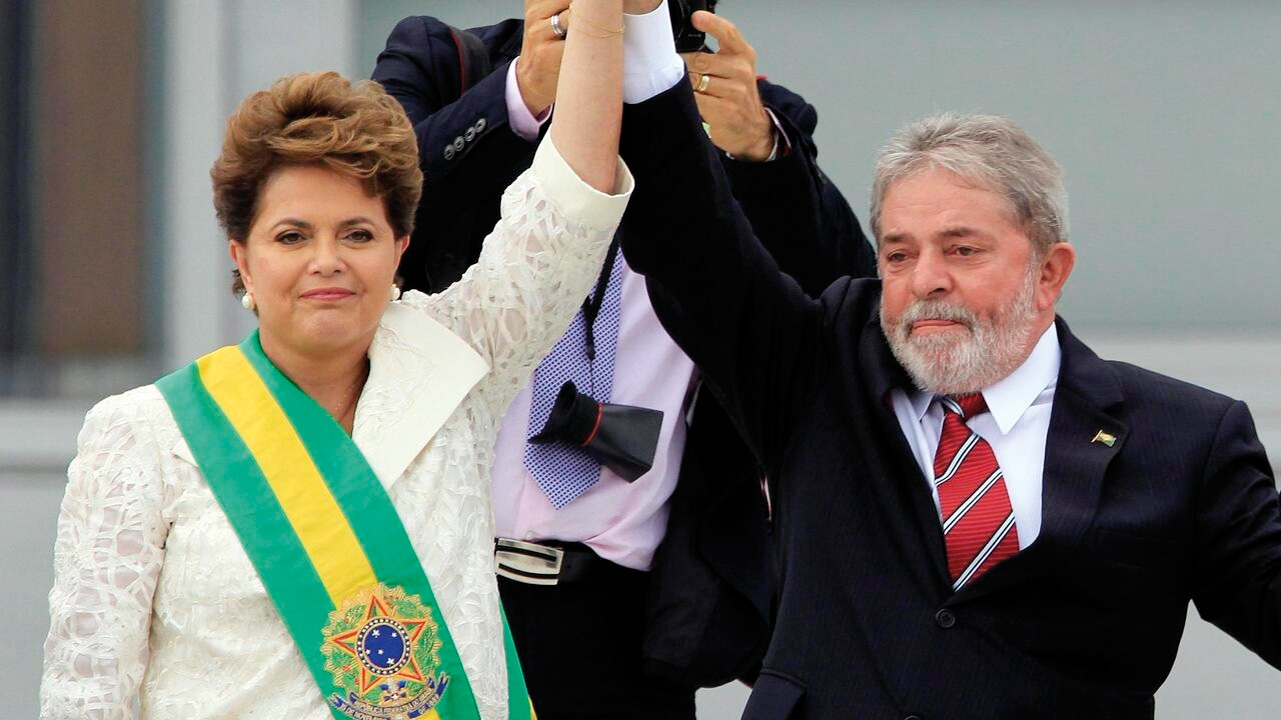
Although the law is favorable, the judicial process has influenced Lula's image. When he left the presidency he had almost all the protection of the citizens, and despite the image that is still very good today, the trial has provoked him, and public opinion is separated from the subject: A survey conducted in June by Quaest indicates that 48% of voters believe the sanction was correct, while 43% said otherwise. This opposition has been noted in the open protests against Lula. They have closed the roads, Bolsonaro himself has talked about the blockades and claimed that they do not want corrupt president.
Total polarisation
Not everything has been joy and celebration with the victory of Lula. Despite the fact that there have been many hidden votes (the polls that gave Bolsonaro sixteen points less than he got), some of Bolsonaro’s voters have appeared as enthusiastic fans and have gone out into the street in their favor.
Division is not abstract, it is not like the mental maps usually made in political words: division is real in Brazil, it appears on the map, it is tangible. In the black and indigenous North, where there are rural areas and widespread poverty, Lula has received a massive vote. The White South, with the metropolises of Sao Paulo and Rio de Janeiro, with economic power and large land owners, has defended Bolsonaro.
The chairman of the tagged minorities has come to power. Lula of the poor, Lula of the black, indigenous, LGTBIQ community. It will be a minority, even if its sponsors are a majority. That is, minorities are the majority in Brazil, as only those who declare themselves black are more than half the population (56% according to the Brazilian Institute of Geography and Statistics). It has reached the majority of the minority, albeit by little, and it will have to look at the plurality of its voters and the broad front it represents, in order to keep its promises. Lula has no easy way.
There are several people to study, including Elon Musk. The idea of freedom that they have seems to come from the need to control everything, to have all the power, because being all the power is easier to create business, there is no discussion; the hegemonic models grow with... [+]
Many Basques await the arrival of sunny summer days. “It’s not common for this time to be done in May,” some say, “earlier it was,” others. The people of Lazkao and Maule do not know how to blame climate change and what not, but they have surprised the heavy spring... [+]
Eskuin kolpistak gobernuaren eraikin nagusiak eraso zituenean, biolentzia sustatzen zuten edukiak blokeatzen ari zela esan zuen Facebookek. Hala ere, giza eskubideen aldeko Global Witness erakundeak egindako probetan “Heriotza Lularen boto-emaileen umeei” edo... [+]









